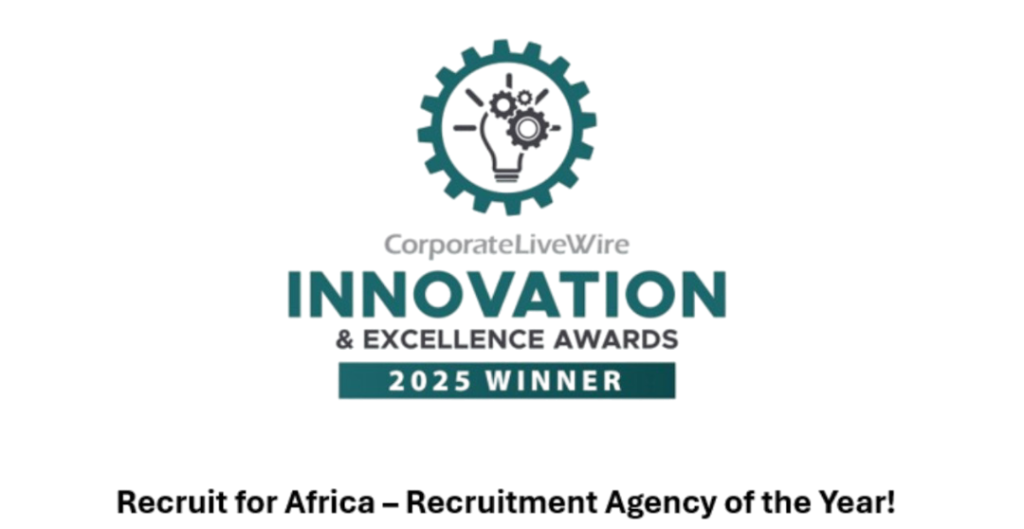International recruitment offers exciting opportunities to work in diverse cultures and environments, but it also comes with unique challenges and considerations. Before applying for an international job, here’s what you should know:
- Cultural Differences: Understand that every country has its own cultural norms, values, and ways of doing business. Research the local culture to ensure your behavior, communication style, and work ethics align with the host country’s expectations.
- Legal Requirements: Each country has its own immigration and work permit regulations. Ensure you have the necessary visas and permits to work legally in the host country. Some countries require a job offer from an employer before you can apply for a work visa. Your recruitment agent will be able to advise you and guide you through the process.
- Language Proficiency: Depending on the country, fluency in the local language might be crucial. Check whether the job requires proficiency in the local language and assess your language skills accordingly.
- Contract and Benefits: Review your employment contract thoroughly. Understand the terms of your employment, including salary, benefits, working hours, and any other allowances. Be aware of the currency exchange rate and how it might affect your financial planning.
- Healthcare and Insurance: Research the healthcare system in the host country. Some countries offer universal healthcare, while others require private health insurance. Ensure you have proper medical coverage and understand how it works.
- Cost of Living: The cost of living can vary significantly from one country to another. Research the cost of housing, transportation, food, and other essentials to determine if the offered salary aligns with your lifestyle expectations. Some contracts offer lower basic salaries but include free accommodation, transport, meals on duty, and other additional benefits. Check your contract in detail before signing.
- Social and Safety Considerations: Investigate the safety and social environment of the host country. Check travel advisories and consider factors like crime rates, political stability, and local customs.
- Family Considerations: If you’re moving with family, consider their needs as well. Research schools, healthcare facilities, and overall quality of life for your family members.
- Career Growth: Consider how the international experience will impact your career growth. Will the skills and experience you gain abroad be valued in your home country or future international opportunities?
- Tax Implications: Understand the tax implications of working abroad. Some countries have tax treaties that prevent double taxation, while others might have different tax rates and rules.
- Repatriation: Consider what happens after your assignment ends. Will you return to your home country? Are there opportunities for continued employment with the same company in different locations?
- Support from Employer: A reputable employer will provide support with the relocation process, including assistance with visas, housing, orientation, and cultural integration.
- Networking and Social Integration: Building a network in the host country can help you integrate better. Attend networking events and engage in social activities to connect with locals and fellow expatriates.
- Adjustment Period: Be prepared for a period of adjustment. Adapting to a new culture, work environment, and lifestyle can take time.
Before applying for an international job, thoroughly research the destination country, industry norms, and job market conditions. Consulting with people who have experience working internationally can provide valuable insights into the challenges and opportunities that lie ahead.





